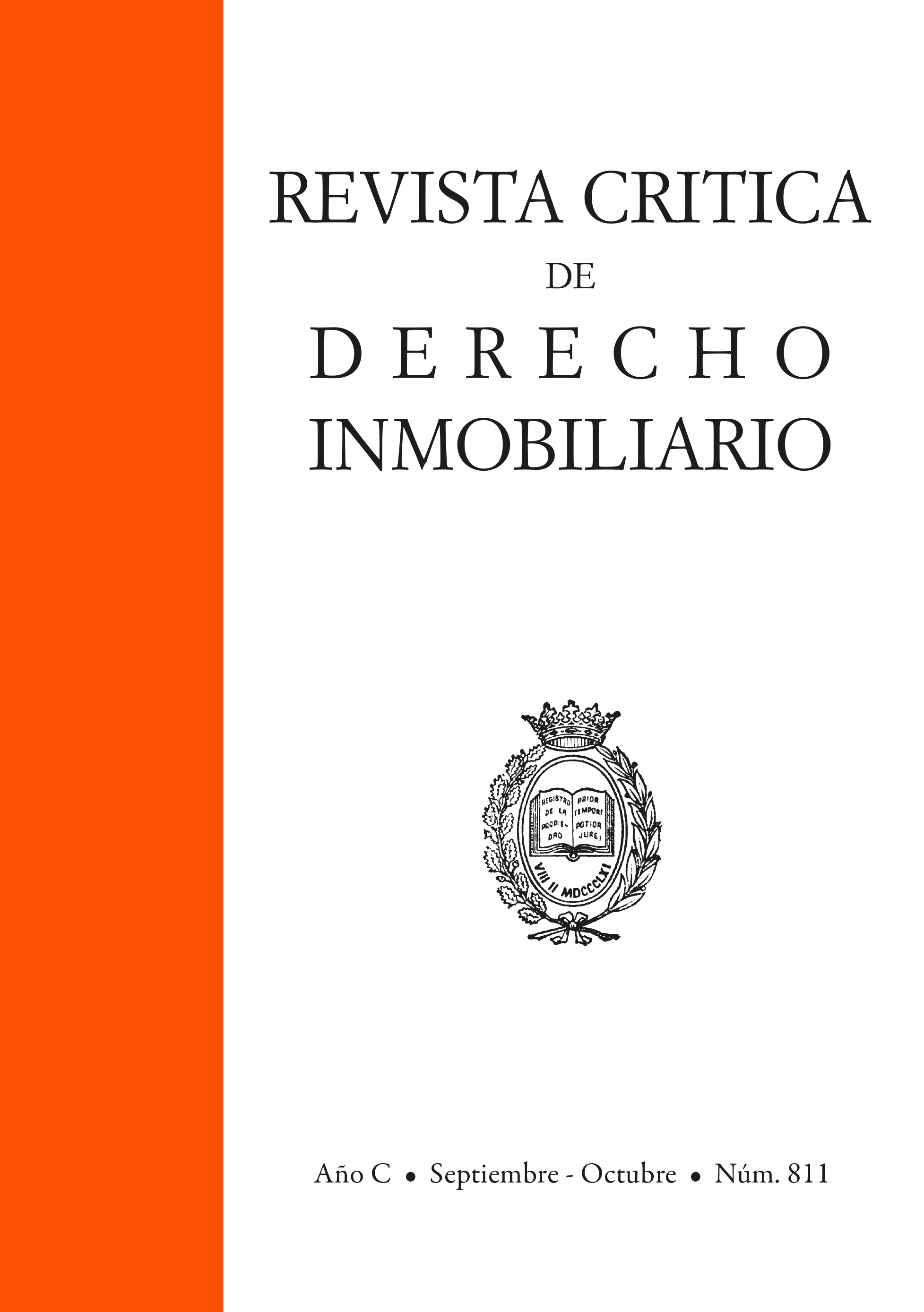
La Revista Crítica de Derecho Inmobiliario es una de las más antiguas y prestigiosas revistas en el ámbito jurídico. Fundada en el año 1925 por Don Jerónimo González y un grupo de registradores vinculados a la Dirección General de los Registros y del Notariado, pronto asumió su titularidad el Colegio de Registradores de la Propiedad y Mercantiles de España, como con más detalle se explica en esta página web en la parte histórica. No obstante, conserva su autonomía funcional.
